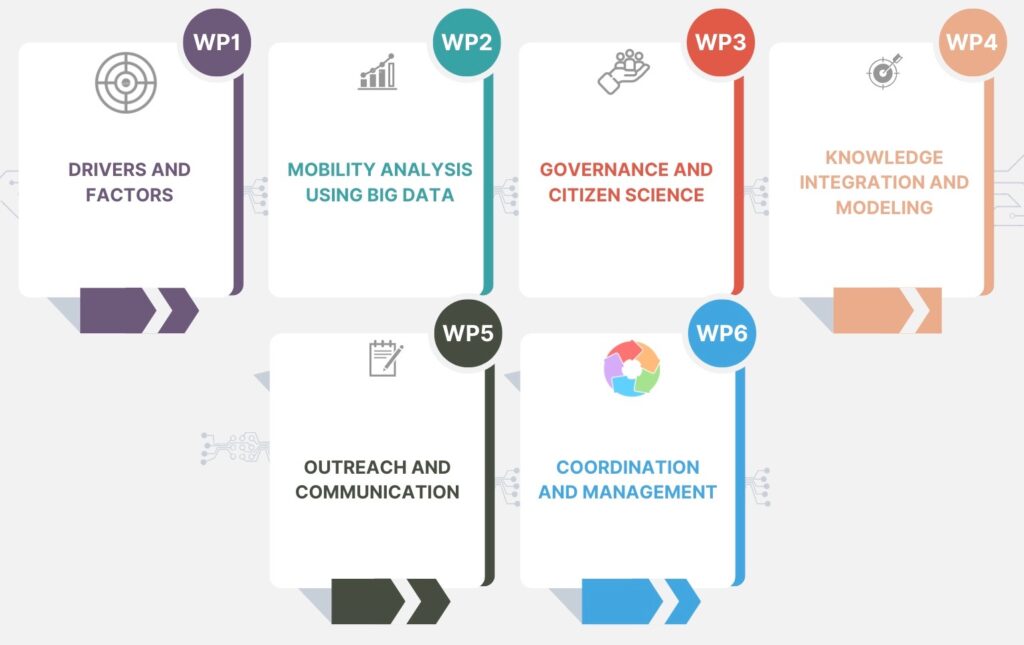
MIGRAWARE Project Work Packages
Work Package 1
Drivers and Factors of Migration
WP 1 analyzes the reasons for migration by reviewing existing literature, including multiple-scale policies to establish cause-effect relationships between Climate Change and Climate Variability / CV – migrations and potential policy and governance failures. Additionally, scientist will conduct participatory analysis of perceived drivers and social-ecological factors that cause migration or foster it as input for another component. Other methods including focus group discussions, local actor interviews and surveys completed by expert interviews and ranking of principal drivers and factors will be done considering the differences in ethnic and cultural conditions across the participating countries. WP1 will aspire to acquire knowledge bothering around migration history (start / triggering events – expert knowledge; validated through T1.3) as well as the time periods for spatial analyses.
Implementing Partners

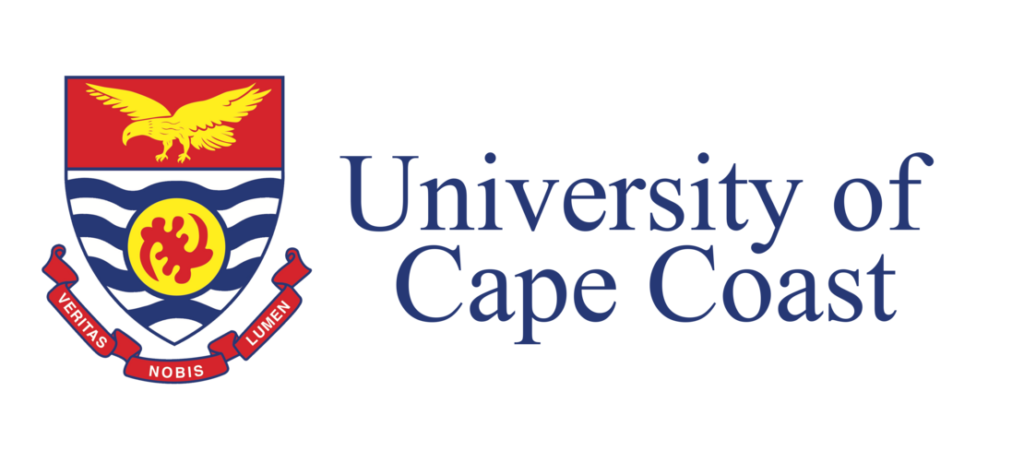

Work Package 2
Mobility and Big Data
This work package utilizes heterogeneous datasets to map migration pathways from the start to the final location. The idea is to create a spatial hotspot mapping utilizing BIG Data approaches. Through this process, WP2 will work with multi-sensoral remotely sensed data to record and analyze migration-induced changes in the land surface while focusing on other environmentally verifiable variables. For instance, the (informal) expansion of cities, spontaneous new settlements growth such as camp sites or similar effects will be classified and systematically analyzed to identify to what extent they can serve as proxies for migration analyses within the test countries. The temporal resolution of such analysis will span over two (2) decades.
Implementing Partner

Work Package 3
Migration Governance
WP3 will inquire and develop participatory scenarios which focuses on suitable governance instruments to address migration decisions, mobility pathways and opportunities for re-migration. The analysis will also focus on critical levels of intervention for diverse governance instruments and identify aspect of governance which are considered desirable for current and future governance. To explore governance instrument and policy considerations, WP3 will include expert interviews, actor surveys and choice experiments with local actors to be jointly identified and organized with WP1. Scientist will further assess the suitability of different types of governance instruments at local, national and regional scale to address best social networks and critical factor combinations.
Implementing Partners


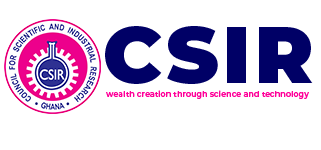
Work Package 4
Knowledge integration and modelling
Together with the previous work packages, a system approach for exploring the socio-ecological context of migration will be explored. WP4 will present the systems architecture for the development of the open source software platform for analysing the interrelationship between climate change and migration. The drafting of the system architecture will be done together with experts (universities, NGOs involved in developing studies, research centers) and local actors in a stepwise (Delphi) approach. The development of the system architecture will start from a mono-directional perspective (Bayesian-Belief-Network – how does each factor influence each other) and will be stepwise widened to feed-back loops (complex system model – what happens, if drivers/factors influence each other in reverse ways) using agent based modeling.
Implementing Partners

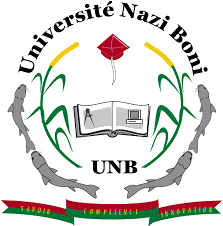

Work Package 5
Outreach and Communications
This WP is responsible for providing a communication and outreach plan developed together with the partners. The task is responsible for the development and permanent updating of communication streams using different media, the monitoring of its uptake (e.g. usage of digital information provided through the project (webpage, social media), citations of written media, attendance of events) and the continuous adaptation to new needs. In conjunction with WP3, WP5 will identify communication actors with interest in obtaining and utilizing product and information from the project fort he purposes of intervention. Intervention in this case includes technical and stakeholder dialogues and providing recommendations for actors, policy makers, scientist and other interested parties.
Implementing Partners
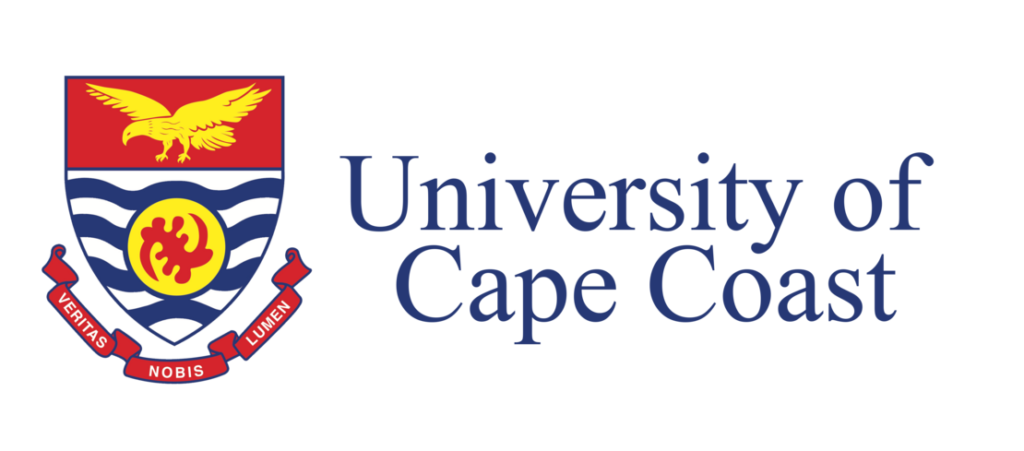

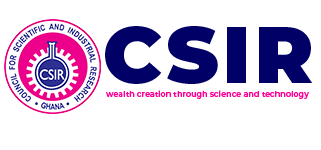
Work Package 6
Finance and Administration
The general scientific coordination of the MIGRAWARE resides with WP6. The scientific coordination of the project include the development of a framework to facilitate the inter and transdisciplinary implementation of the product. As an additional asset, methods applied in each thematic WP, their implementation, documentation and output will be recorded to inform future similar studies on best methods choices and mixes. WP6 will further facilitate actor involvement to facilitate the validation and harmonization of project output way to avoid confusion or overwhelming demands in participation. Additional task include scientific reporting (incl. harmonization of publications) and bundling scientific output for further communication and intervention across project implementing countries.
Implementing Partner
